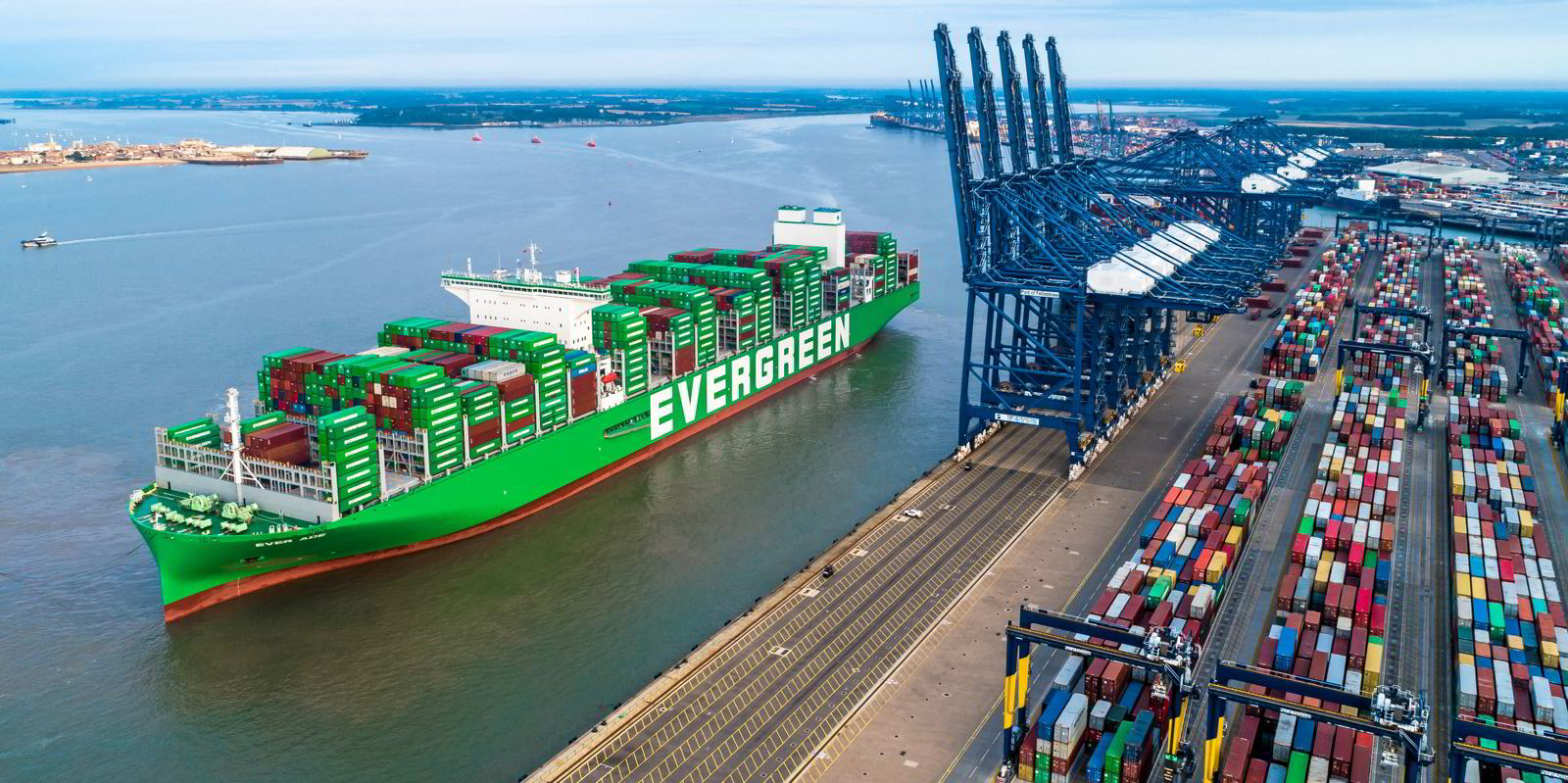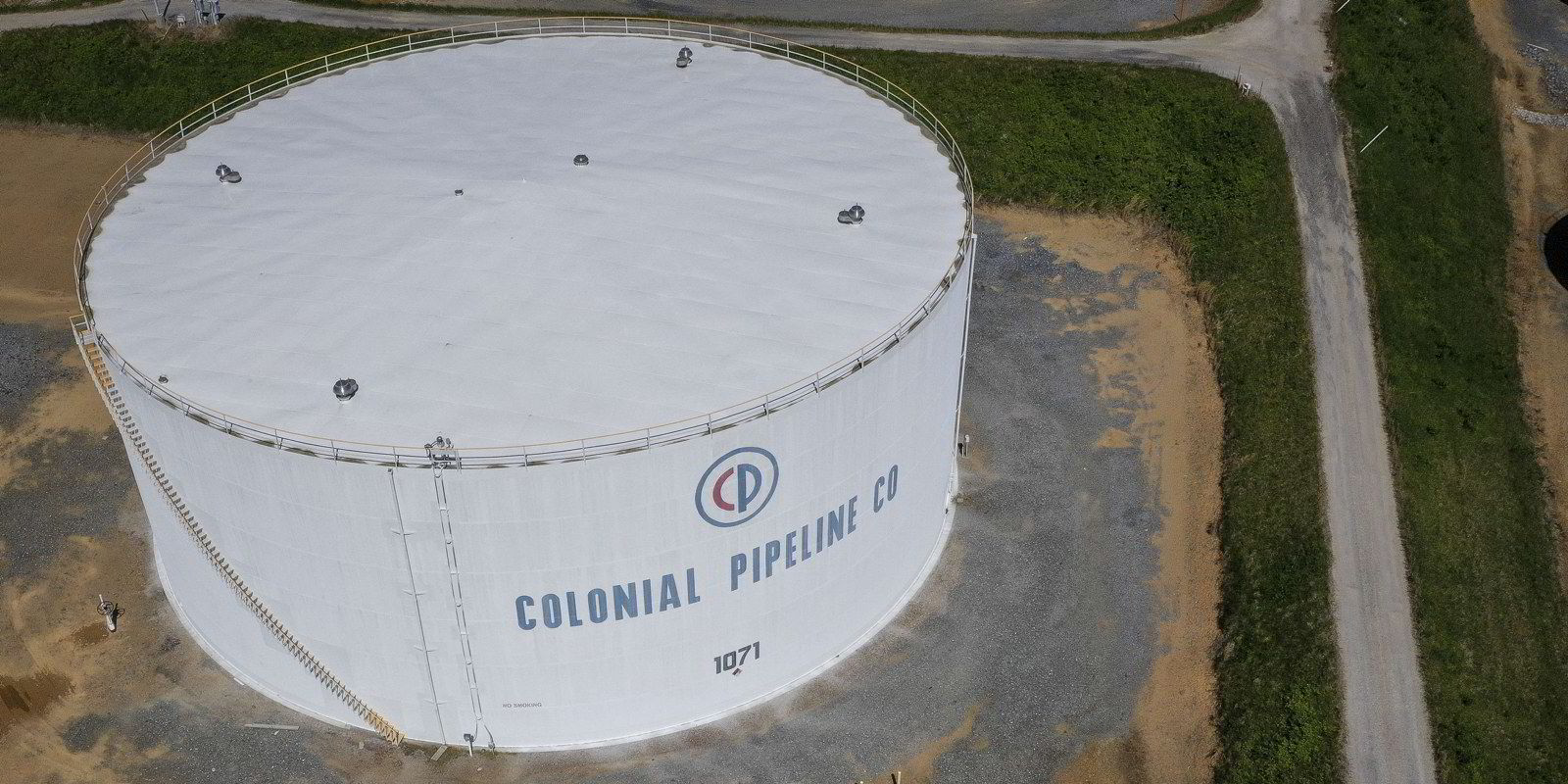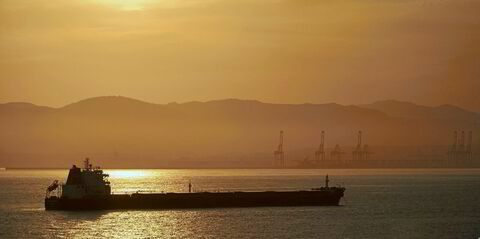Cyber security is to be at the heart of the UK’s new five-year maritime security strategy.
Monday saw UK Secretary of State for Transport Grant Shapps set out the guiding principles for the UK government’s approach to managing threats and risks at home and around the world.
Shapps said the new strategy redefines maritime security as; upholding laws, regulations, and norms to deliver a free, fair, and open maritime domain.
“With this new approach, the government rightly recognises any illegal, unreported and unregulated fishing and environmental damage to our seas as a maritime security concern,” he added.
The policy will focus on five strategic objectives including championing global maritime security underpinned by freedom of navigation and the international order.
The strategy also aims to deliver “the world’s most effective maritime security framework” for the UK’s borders, ports and infrastructure.
Working with industry and academia, the UK government said it aims to take a whole system approach to bring “world-leading capabilities and expertise” to bear to respond to new emerging threats.
“Our new maritime security strategy paves the way for both government and industry to provide the support needed to tackle new and emerging threats and further cement the UK’s position as a world leader in maritime security,” said Shapps.

UK Chamber of Shipping chief executive Sarah Treseder said: “A proactive maritime security strategy is essential to keeping trade routes and energy supplies secure, especially for an island nation.
“Today’s welcome commitments to improve collaboration, both with industry and governments across the world, will help deliver a more secure maritime environment and help provide confidence to the shipping community.”
As part of the new strategy, the UK also intends to establish a UK Centre for Seabed Mapping (UK CSM) which is designed to enable UK’s seabed mapping sector to collaborate to collect more and better data.
“Seabed mapping provides the foundation dataset that underpins almost every sector in the maritime domain, including maritime trade, environmental and resource management, shipping operations, and national security and infrastructure within the industry,” the UK Department of Transport said.
“By working with the newly established UK CSM, administered by the UK Hydrographic Office, government will have better quantity, quality and availability of seabed mapping data, which as a key component of our infrastructure, underpins the UK’s maritime security, prosperity and environment objectives,” it added.
Schapps said mankind has “better maps of the surface of the moon and Mars” than of its own ocean.
“To ensure the UK’s maritime security is based on informed and evidence-based decisions, we must build our knowledge of this dynamic ocean frontier,” he said.
Mark Simmonds, director of policy & external affairs, British Ports Association described the new centre for seabed mapping is a “huge step forward” for the maritime sector.
“It will help everyone better understand the UK seabed and be the foundation for numerous benefits including more informed management of the marine environment,” he said.





